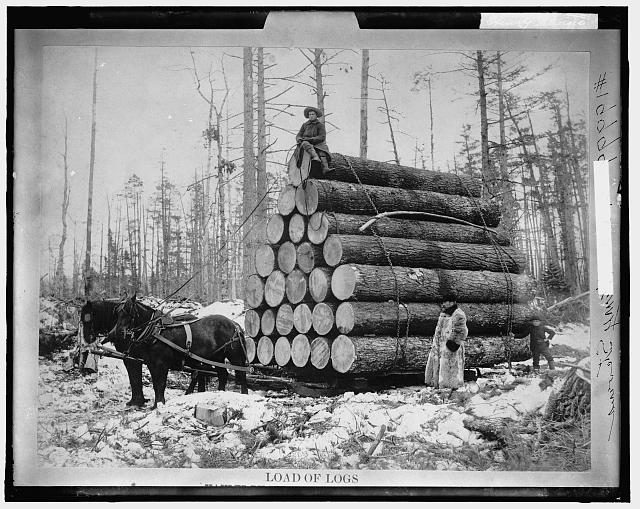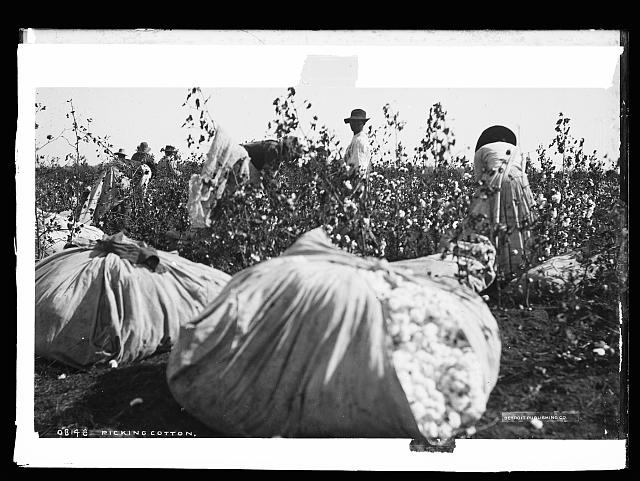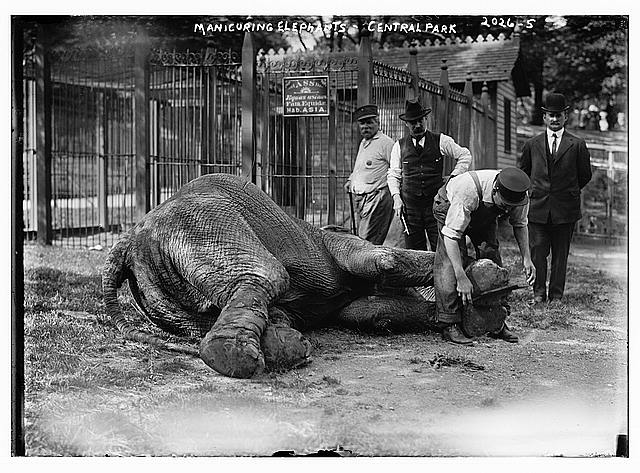Host: Christopher Rose, Department of History
Guest: Megan Raby, Department of History
Biodiversity has been a key concept in international conservation since the 1980s, yet historians have paid little attention to its origins. Uncovering its roots in tropical fieldwork and the southward expansion of U.S. empire at the turn of the twentieth century, ecologists took advantage of growing U.S. landholdings in the circum-Caribbean by establishing permanent field stations for long-term, basic tropical research.
Megan Raby describes how, from these outposts of U.S. science, a growing community of American “tropical biologists” developed both the key scientific concepts and the values embedded in the modern discourse of biodiversity.
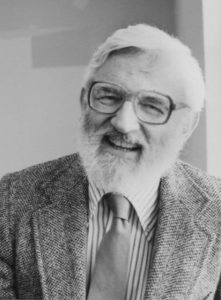
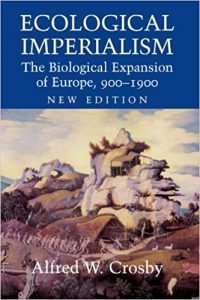


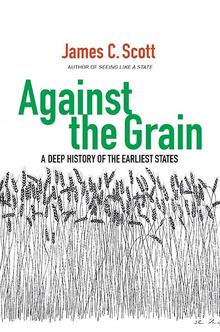
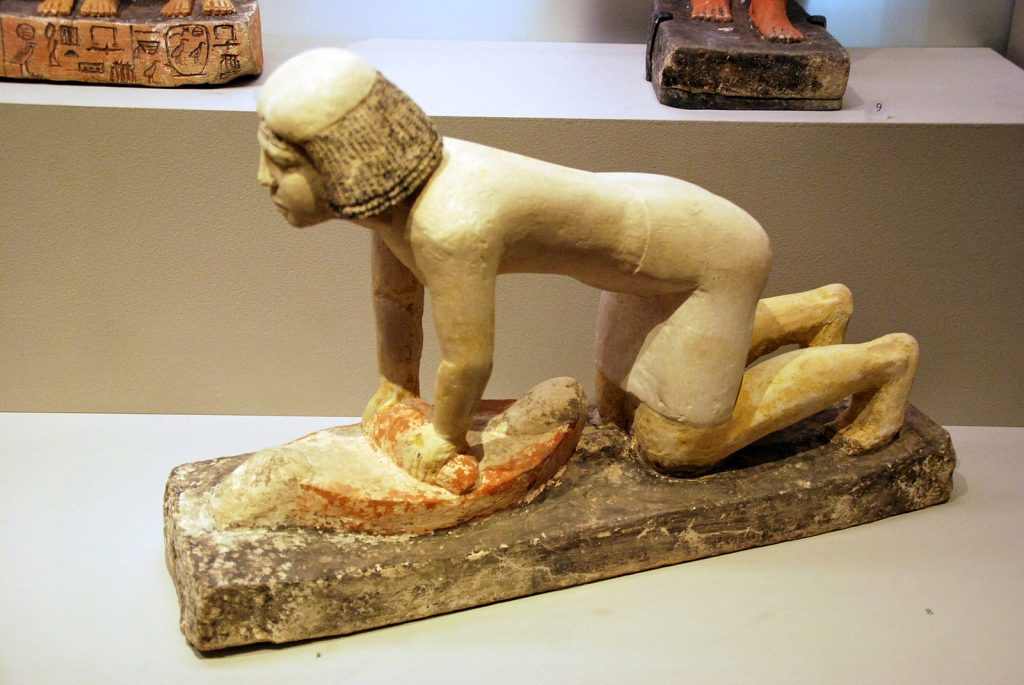
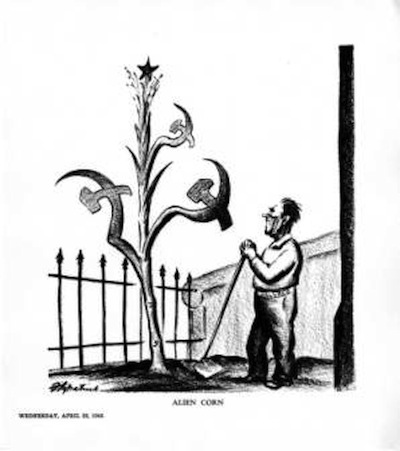
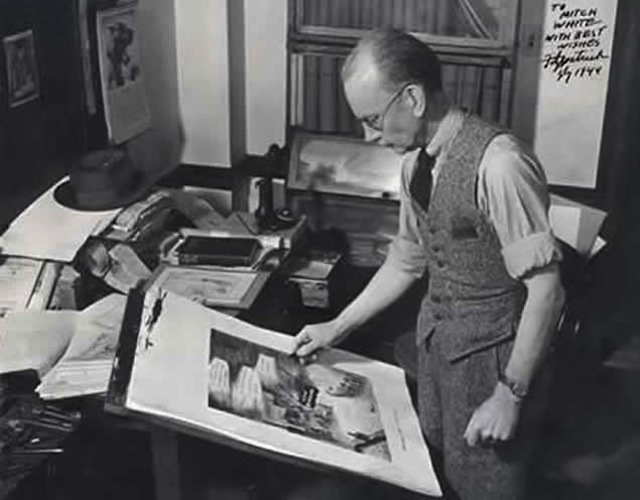
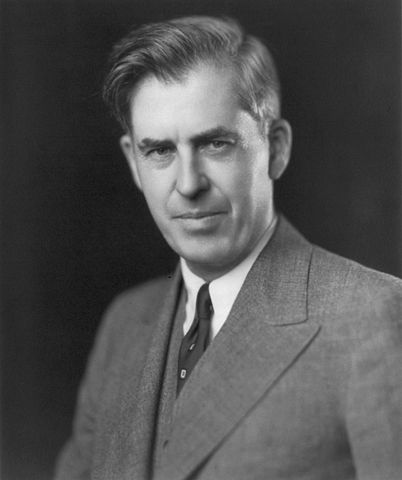


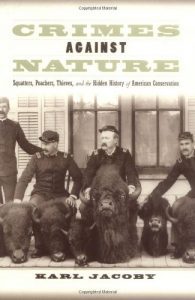
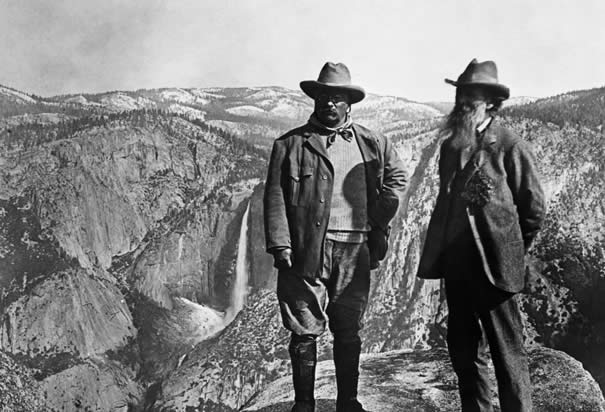
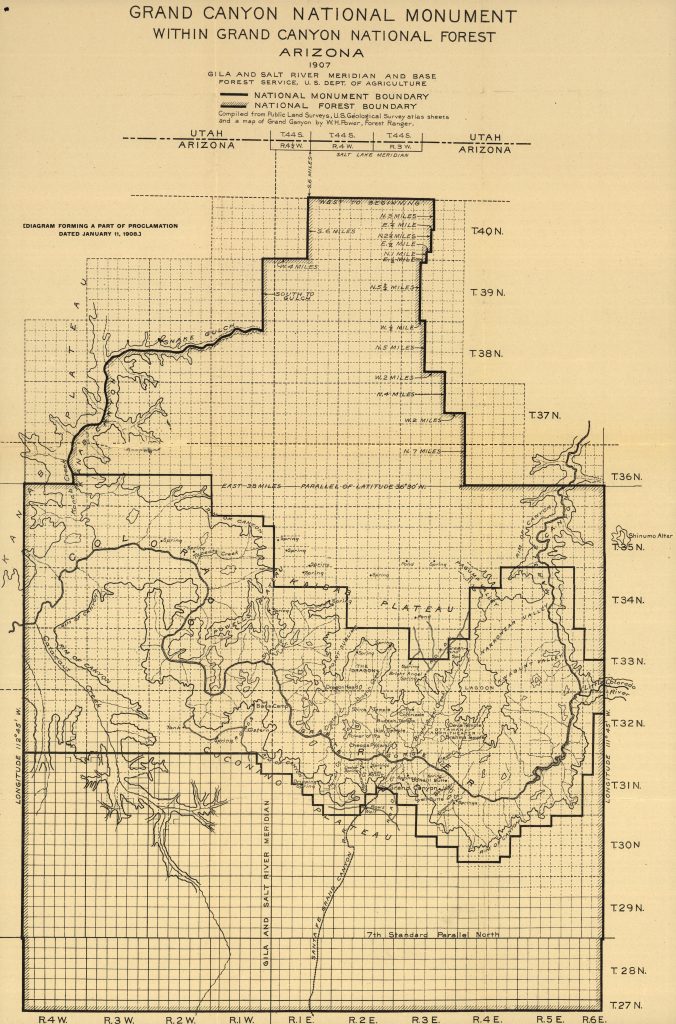
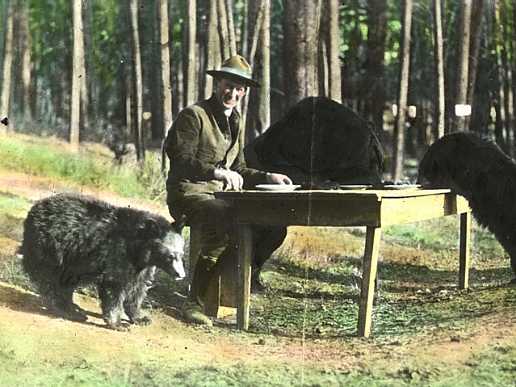
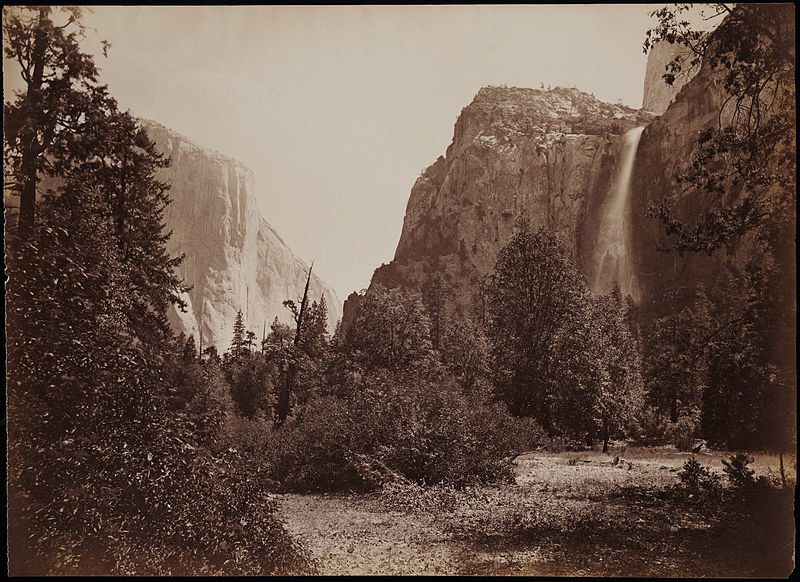
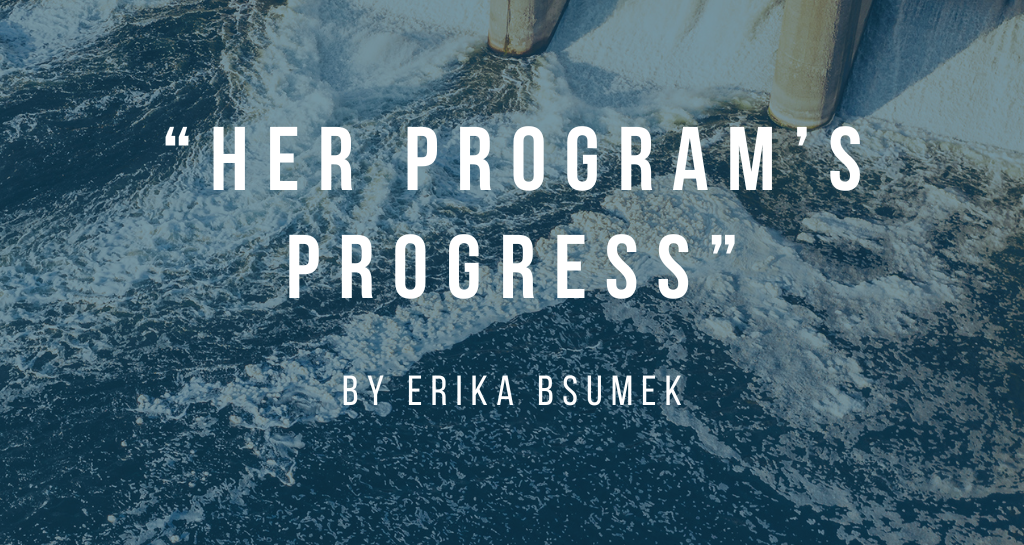
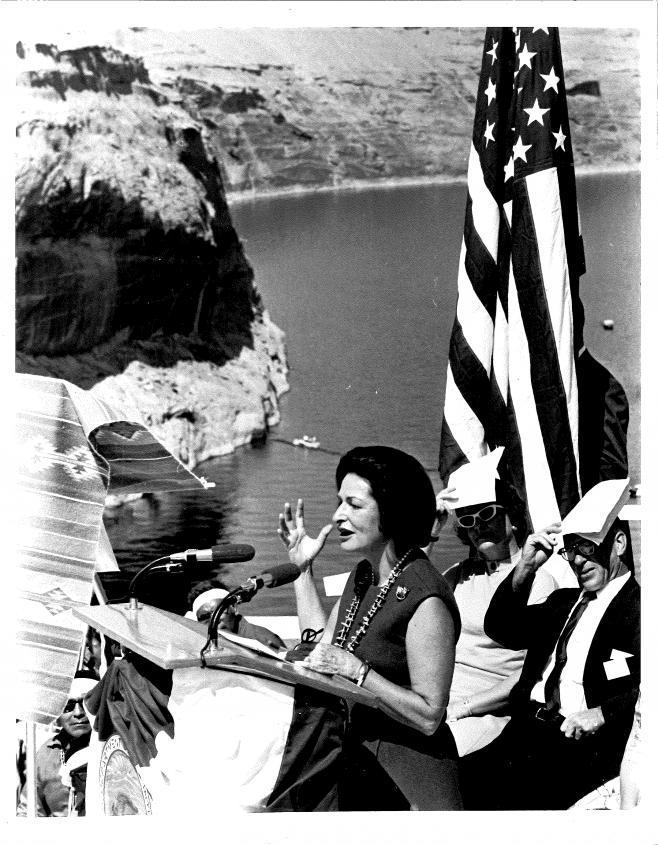
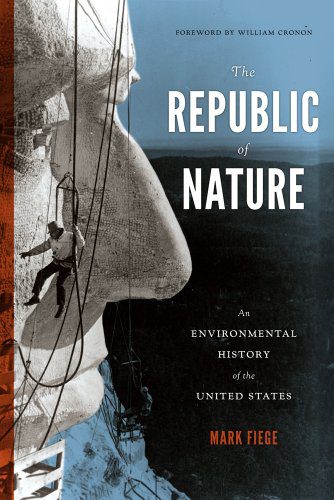 transportation that they created in the wake of their migration. Fast forward to the twentieth century and that same textbook will likely devote space to the Manhattan Project, the Civil Rights Movement, and, perhaps less commonly, the country’s increasing reliance on foreign oil. In The Republic of Nature, Mark Fiege ambitiously attempts to reconceptualize this well-traversed historical terrain, first and foremost, as “a story of people struggling with the earthy, organic substances that are integral to the human predicament.” In each chapter, Fiege uses his riveting storytelling abilities to show that the nation’s history “in every way imaginable – from mountains to monuments – is the story of a nation and its nature.”
transportation that they created in the wake of their migration. Fast forward to the twentieth century and that same textbook will likely devote space to the Manhattan Project, the Civil Rights Movement, and, perhaps less commonly, the country’s increasing reliance on foreign oil. In The Republic of Nature, Mark Fiege ambitiously attempts to reconceptualize this well-traversed historical terrain, first and foremost, as “a story of people struggling with the earthy, organic substances that are integral to the human predicament.” In each chapter, Fiege uses his riveting storytelling abilities to show that the nation’s history “in every way imaginable – from mountains to monuments – is the story of a nation and its nature.”